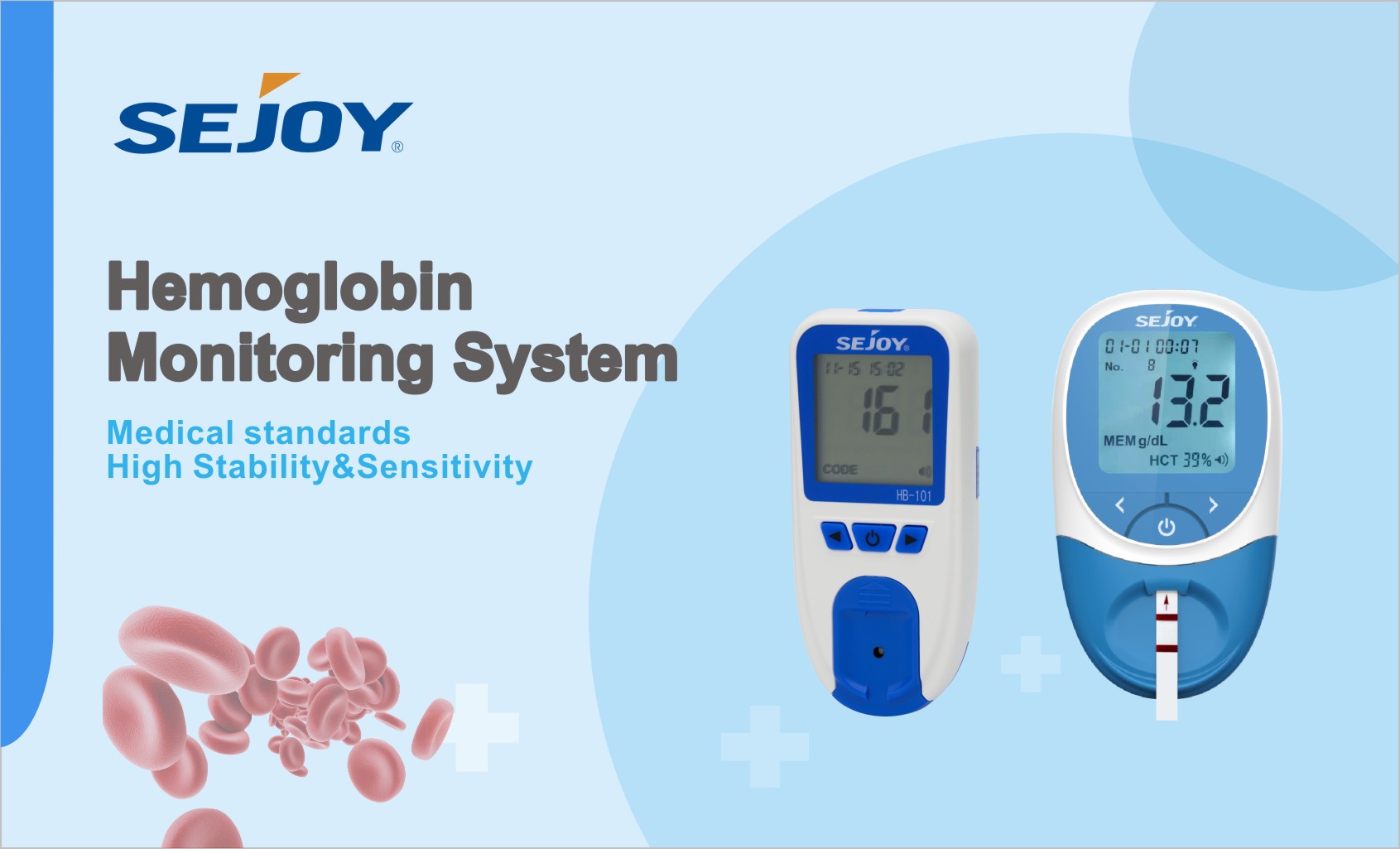How Do I Know if I Have Anemia?
To diagnose anemia, your doctor will likely ask you about your medical history, perform a physical exam, and order blood tests.
You can help by providing detailed answers about your symptoms, family medical history, diet, medications you take, alcohol intake, and ethnic background. Your doctor will look for symptoms of anemia and other physical clues that might point to a cause.
There are basically three different causes of anemia: blood loss, decreased or faulty red blood cell production, or destruction of red blood cells.
Blood tests will not only confirm the diagnosis of anemia, but also help point to the underlying condition. Tests might include:
Complete blood count (CBC), which determines the number, size, volume, and hemoglobin content of red blood cells
Blood iron level and your serum ferritin level, the best indicators of your body’s total iron stores
Levels of vitamin B12 and folate, vitamins necessary for red blood cell production
Special blood tests to detect rare causes of anemia, such as an immune attack on your red blood cells, red blood cell fragility, and defects of enzymes, hemoglobin, and clotting
Reticulocyte count, bilirubin, and other blood and urine tests to determine how quickly your blood cells are being made or if you have a hemolytic anemia, where your red blood cells have a shortened life span.
Anemia treatment depends on the cause.
Iron deficiency anemia. Treatment for this form of anemia usually involves taking iron supplements and changing your diet. For some people, this might involve receiving iron through a vein.
If the cause of iron deficiency is loss of blood — other than from menstruation — the source of the bleeding must be located and the bleeding stopped. This might involve surgery.
Vitamin deficiency anemias. Treatment for folic acid and vitamin C deficiency involves dietary supplements and increasing these nutrients in your diet.
If your digestive system has trouble absorbing vitamin B-12 from the food you eat, you might need vitamin B-12 shots. At first, you might have the shots every other day. Eventually, you’ll need shots just once a month, possibly for life, depending on your situation.
Anemia of chronic disease. There’s no specific treatment for this type of anemia. Doctors focus on treating the underlying disease. If symptoms become severe, a blood transfusion or injections of a synthetic hormone normally produced by your kidneys (erythropoietin) might help stimulate red blood cell production and ease fatigue.
Aplastic anemia. Treatment for this anemia can include blood transfusions to boost levels of red blood cells. You might need a bone marrow transplant if your bone marrow can’t make healthy blood cells.
Anemias associated with bone marrow disease. Treatment of these various diseases can include medication, chemotherapy or bone marrow transplantation.
Hemolytic anemias. Managing hemolytic anemias includes avoiding suspect medications, treating infections and taking drugs that suppress your immune system, which could be attacking your red blood cells. Severe hemolytic anemia generally needs ongoing treatment.
Sickle cell anemia. Treatment might include oxygen, pain relievers, and oral and intravenous fluids to reduce pain and prevent complications. Doctors might also recommend blood transfusions, folic acid supplements and antibiotics. A cancer drug called hydroxyurea (Droxia, Hydrea, Siklos) also is used to treat sickle cell anemia.
Thalassemia. Most forms of thalassemia are mild and require no treatment. More-severe forms of thalassemia generally require blood transfusions, folic acid supplements, medication, removal of the spleen, or a blood and bone marrow stem cell transplant.
Artocles quoted from:
Anemia–MAYO CLINIC
Understanding Anemia — Diagnosis and Treatment– WebMD
Post time: May-13-2022




